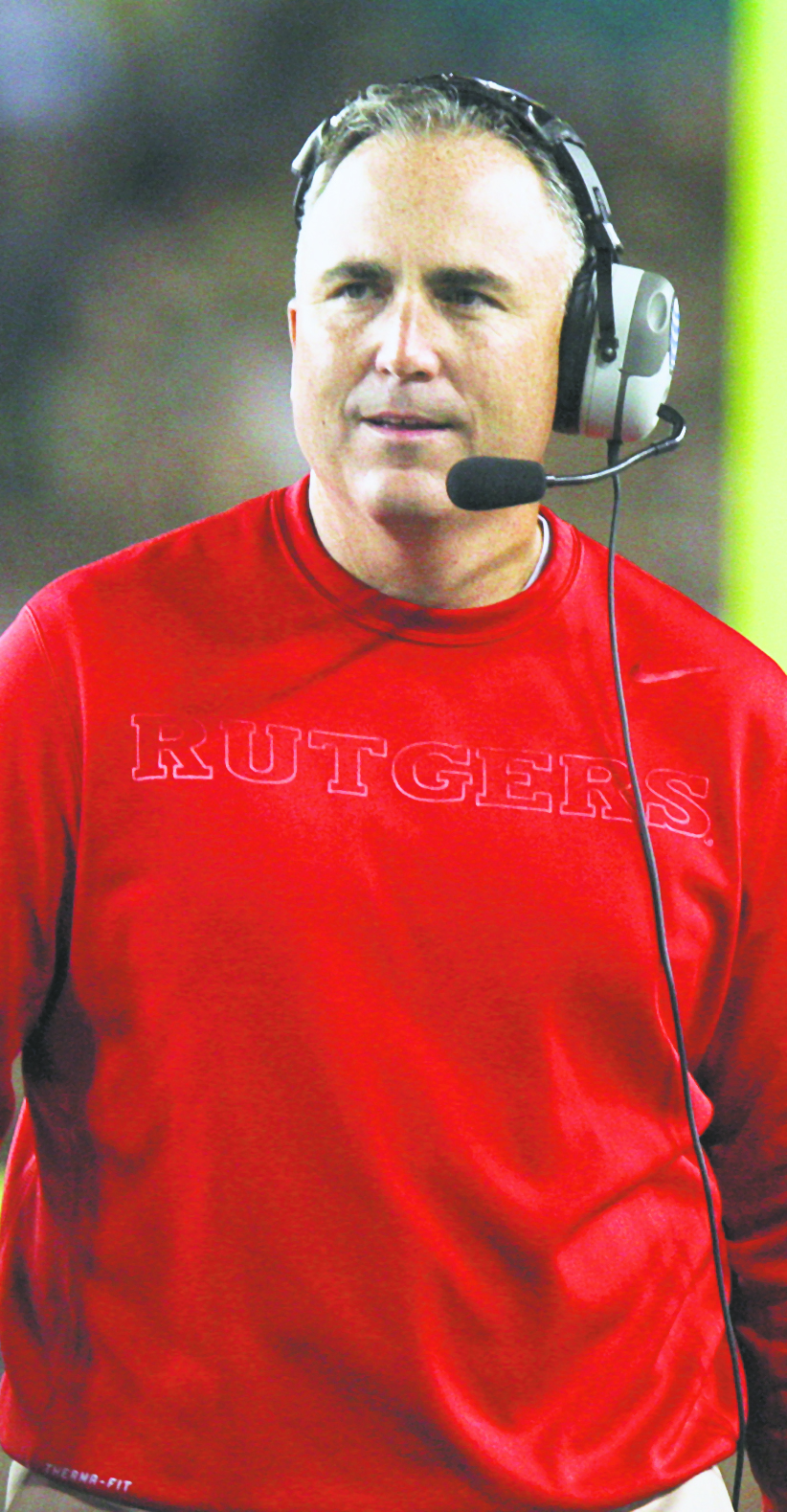Kyle Flood and the threats to independence
September 22, 2015
|
Michael K. Shaub

It is the third week of Auditing class, and we have been discussing the seven threats to auditor independence from the client: familiarity, management participation, advocacy, self-review, adverse interest, financial self-interest and undue influence. Auditors, at all ranks, have to be particularly aware of being too familiar with or trusting a client too much. They also easily slip into participating in management to ensure their success if the client constantly asks for advice. At a firm level, auditors can undermine their independence by being advocates for or lobbying on behalf of their clients. There are relatively explicit rules regarding self-review, adverse interest (suing one another) and financial self-interest.
I explain to my students that professors, like auditors, also need to be independent of their students, even though the students are paying tuition. Like auditors, professors can fall prey to getting too familiar with their students, either in a deliberate compromising relationship or just by liking them. They may also try to ensure the success of students who ask their advice, and they often lobby for their students or provide recommendation letters to employers and grad schools.
But the threat that can be most damaging to both auditors and professors is the undue influence threat. Unlike familiarity, management participation, and advocacy, auditors and professors do not choose the undue influence threat. It is an outside hazard thrust upon them. It may be a gift, a threat or simply pressure applied to influence behavior. And the more important the person applying the pressure, the more effective it is. Resisting it usually requires a system designed to short-circuit the attempt, and a spine.
Which brings us to Rutgers University Head Football Coach Kyle Flood, who has apparently admitted to emailing and meeting with a professor in an attempt to get a better grade on a writing assignment for one of his players, Nadir Barnwell. Barnwell has since been arrested for aggravated assault, among other charges. According to the Rutgers investigative report, Flood communicated with the professor using a personal Gmail account “to ensure there will be no public vetting of the correspondence,” despite the professor’s earlier complaint to an academic advisor that Barnwell was “badgering me to change his grade.” The professor’s response to Flood’s email was responsive enough to trigger four more emails and a scheduled meeting at a site off campus.
The email exchange and planned meeting led to a call from Flood to an academic advisor on how a grade could be changed, and the advisor told Flood he could not have contact with the professor. The advisor claims that Flood said that their conversation was to stay between the two of them, and the advisor responded, “We never had this conversation…I want no part of this.” Flood claims that the advisor did not tell him he could not have contact with the professor. But Flood made sure not to wear Rutgers gear so that he would not be recognized when he went to the meeting. Quoting from the report, “The Professor conveyed to the investigator that she felt unable to resist the implied pressure from someone like Coach Flood and thus felt uncomfortable not agreeing to an additional assignment to allow the Student to become eligible.” This is the definition of the undue influence threat. The investigators concluded that “…it appears Coach Flood’s contact with the faculty member potentially violated the University Ethics Policy which generally prohibits a University faculty or staff member from using his position at the University to secure unwarranted privileges or advantages for himself or others.” Rutgers president Robert Barchi suspended Kyle Flood for three games and fined him $50,000. Ironically, President Barchi said, “Our faculty must have complete independence in executing their duties . . . .”
But Kyle Flood should have been fired. What he did, he did deliberately. He did it repeatedly. And he did it even though he was warned not to do it. That is cause for firing. However, the clincher is that he intentionally tried to cover up what he was doing by multiple means, making firing him a no-brainer. And the fact that the student-athlete was just arrested and charged with multiple felonies makes President Barchi’s choice a real head scratcher.
This is not the first time this has happened. Many corporate boards enable the behavior of top executives, but they usually do so only for successful ones. It is interesting to see President Barchi risking his reputation on Kyle Flood the same way Kyle Flood risked his reputation on Nadir Barnwell. But whether you are an auditor or a professor, it takes a spine to be independent. And when the system fails you, sometimes a spine is all you have to rely on.


